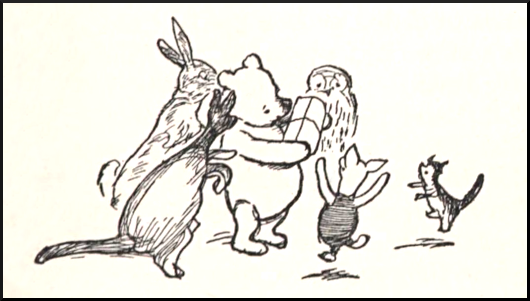Arthur C. Clarke? Fred Hoyle? Georg Borgstrom? Donald W. Mann? Gretchen C. Daily? Anne H. Ehrlich? Paul Ehrlich? Kenneth Smail?

Question for Quote Investigator: The world population is projected to exceed 8 billion in 2022. Also, the United Nations Population Division forecasts that before 2100 the population will exceed 10 billion. Interestingly, some countries currently have declining populations.
One prominent person suggested that the optimum human population should be dramatically smaller—only one hundred thousand. This notion has been attributed to science fiction luminary Arthur C. Clarke and prominent English astronomer Fred Hoyle. Would you please explore this topic?
Reply from Quote Investigator: In April 1968 Arthur C. Clarke published an essay titled “Next: On Earth, the Good Life?” in “Vogue” magazine. Clarke credited Fred Hoyle with suggesting that the ideal number of Earth inhabitants was relatively small. Boldface added to excepts by QI:1
There is no doubt that, with proper organization, our planet could support a population of many billions at a much higher standard of living than today. But should it? In a world of instantaneous communication and swift transport, where all men are virtually neighbours, is there any point in a population of more than a few millions? The answer to this question depends upon one’s philosophical and religious views concerning the purpose of life.
Fred Hoyle, for example, once suggested to me that the optimum population of the world should be about one hundred thousand—as that was the maximum number of people one could get to know in a lifetime.
Intriguingly, this low number was not due to fears of environmental impact; instead, Hoyle’s number was based on the limits of interpersonal relationships.
Below are additional selected citations in chronological order.
Continue reading “Quote Origin: The Optimum Population of the World Should Be About One Hundred Thousand”







